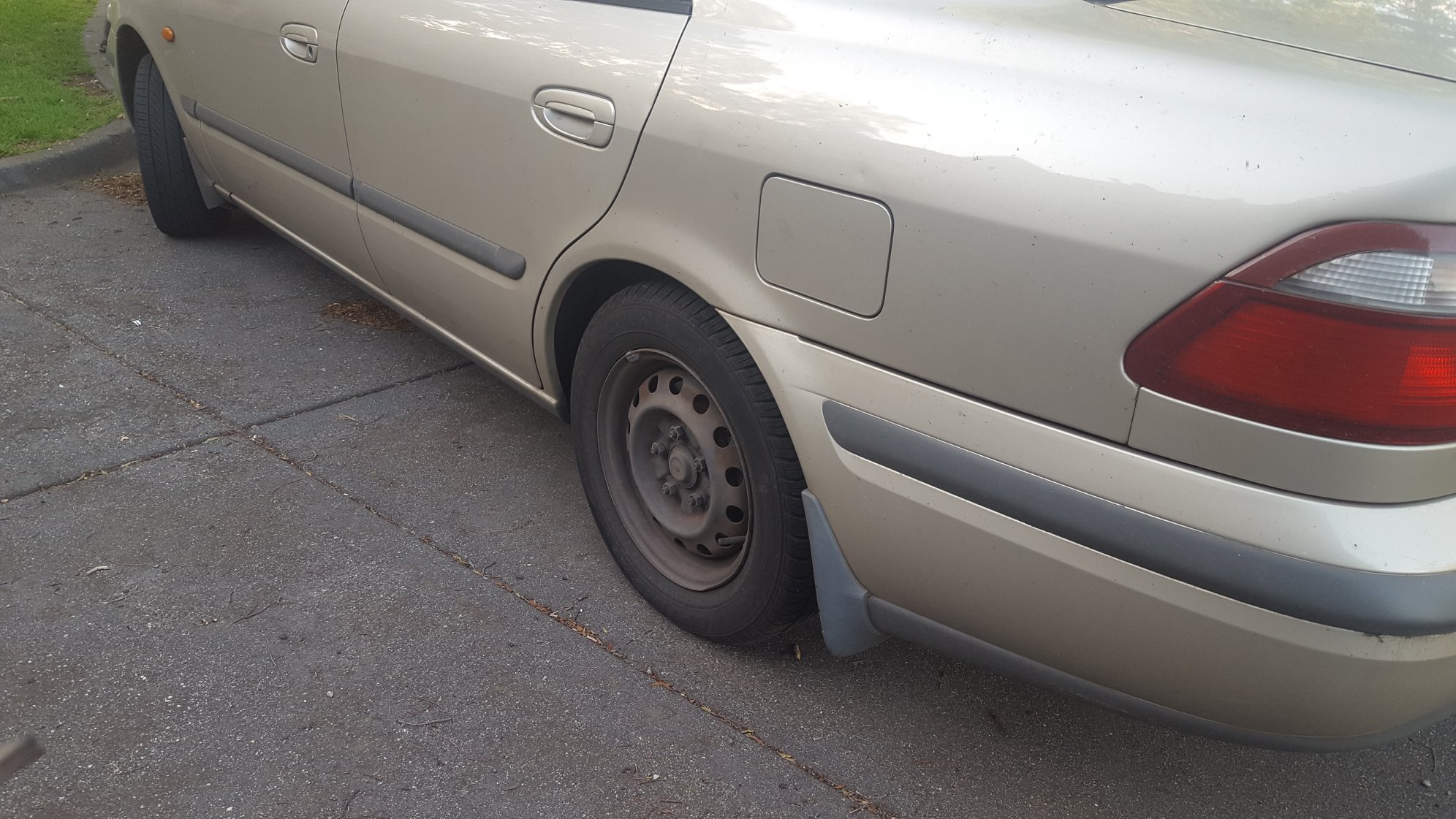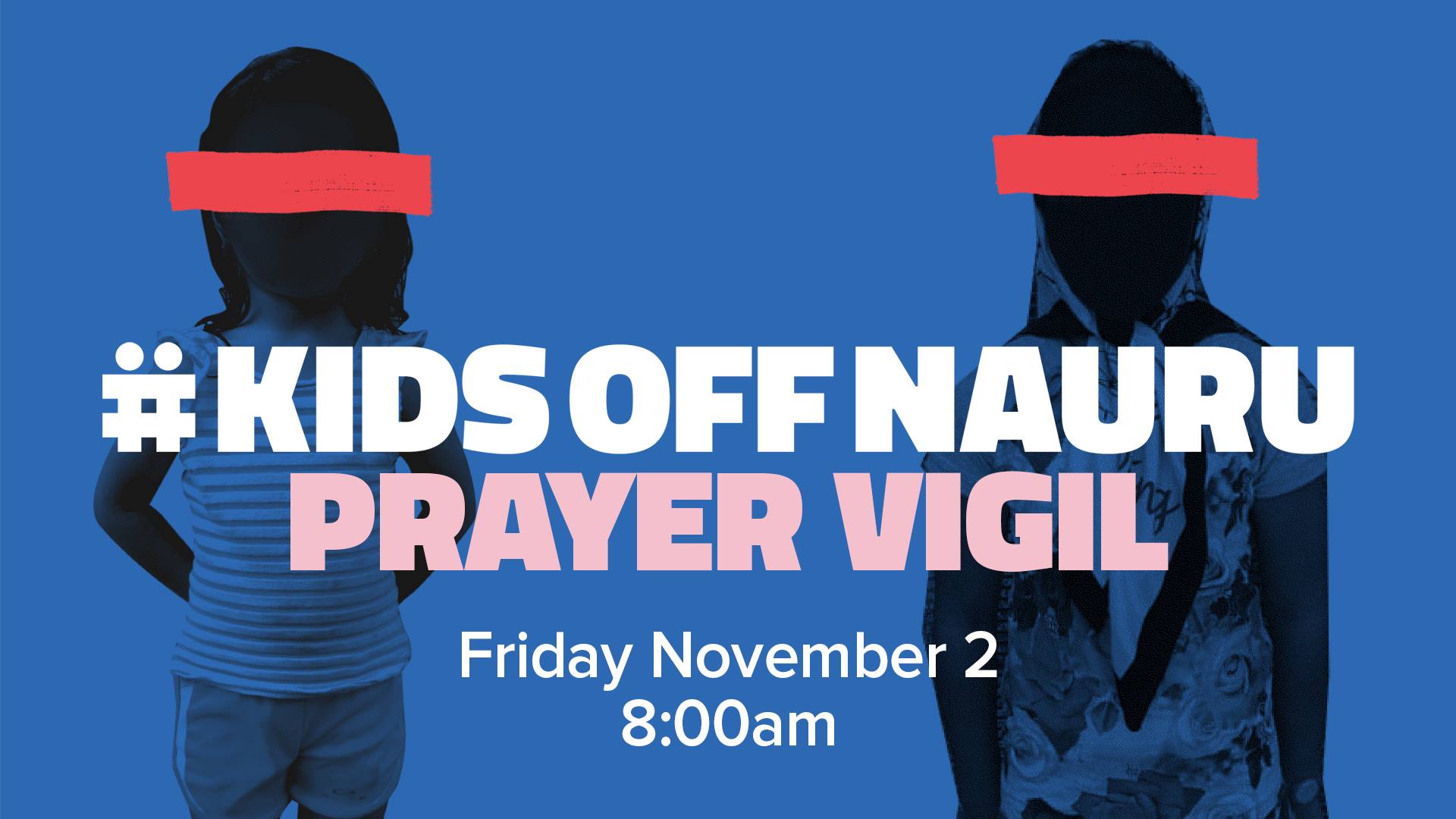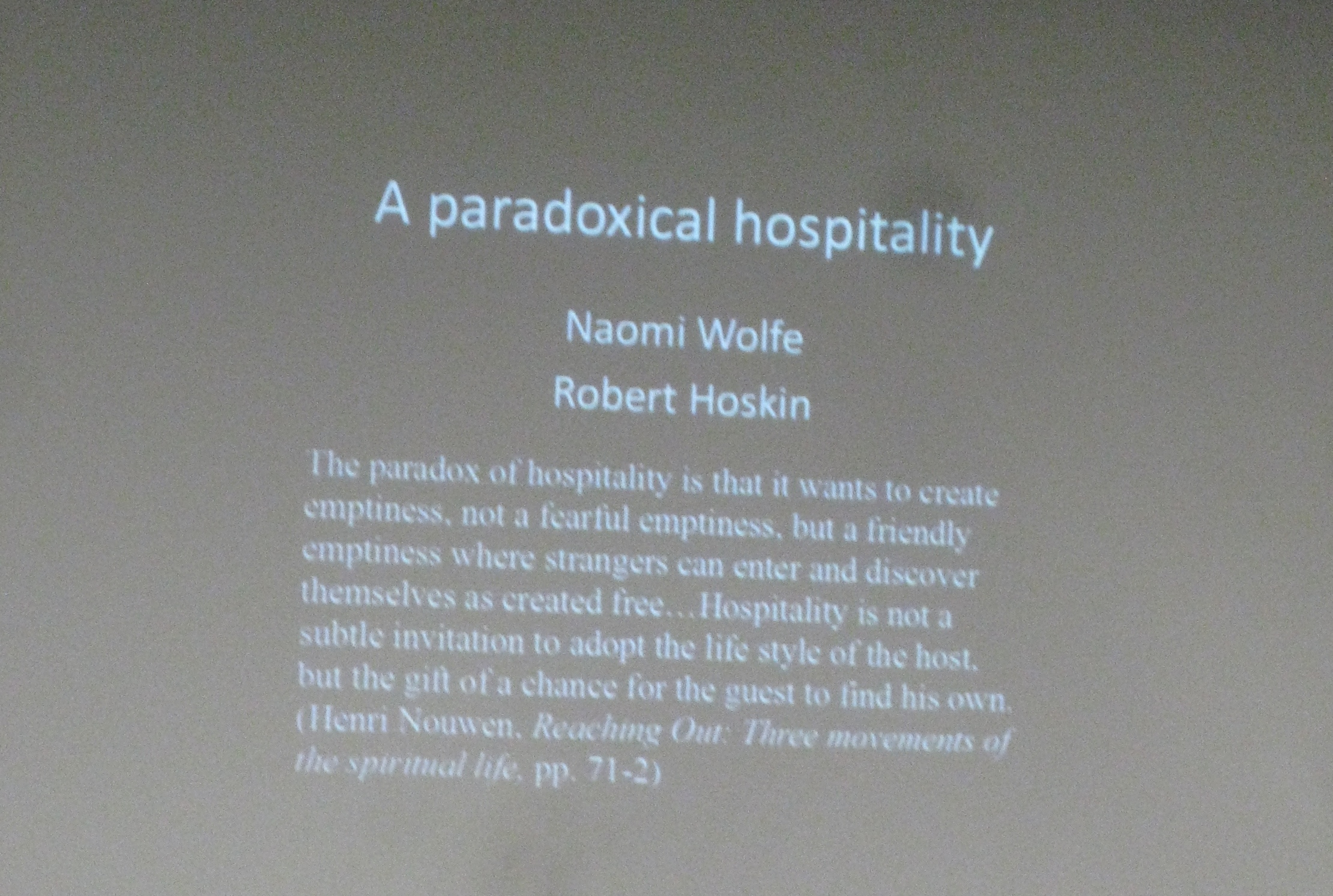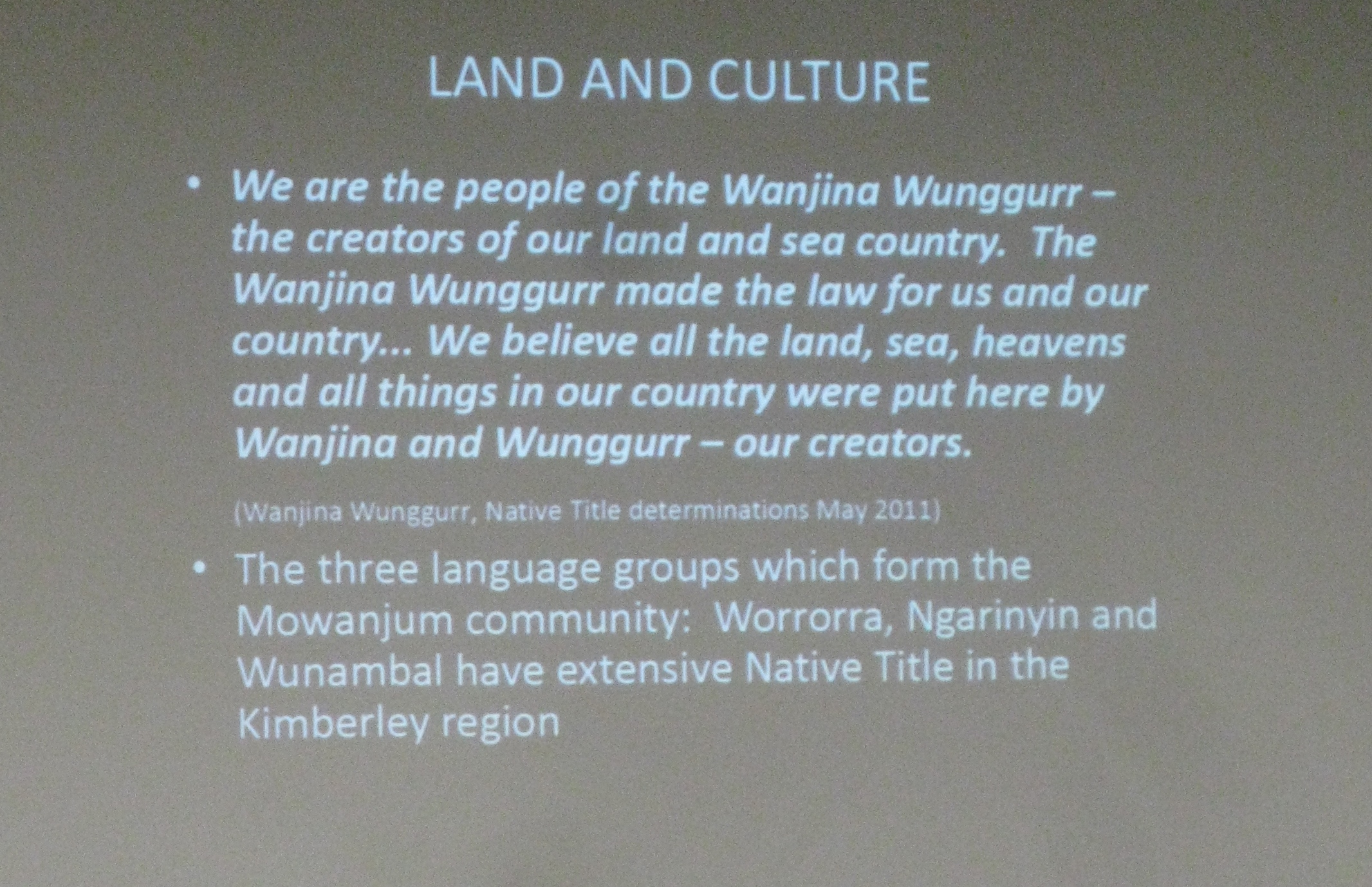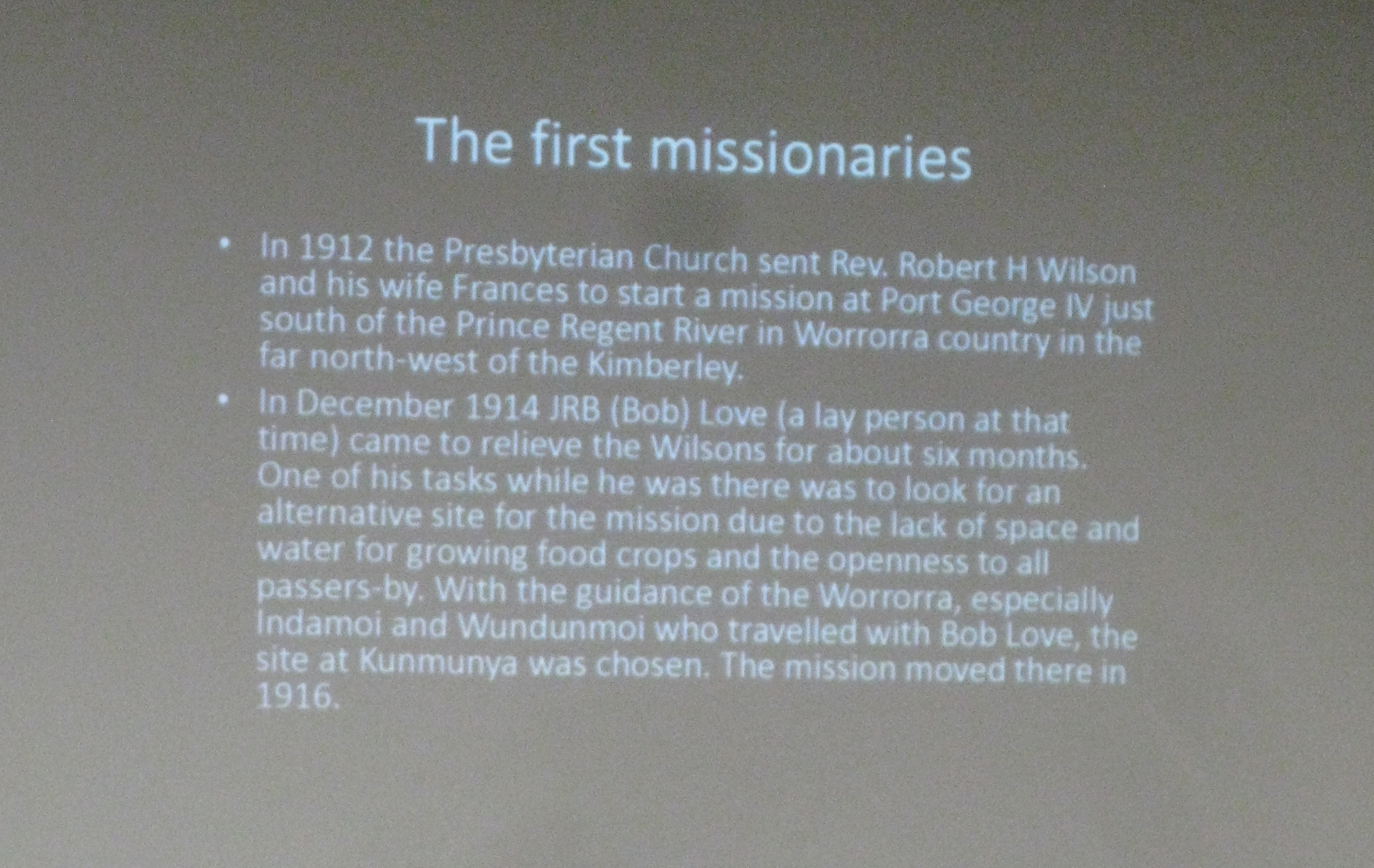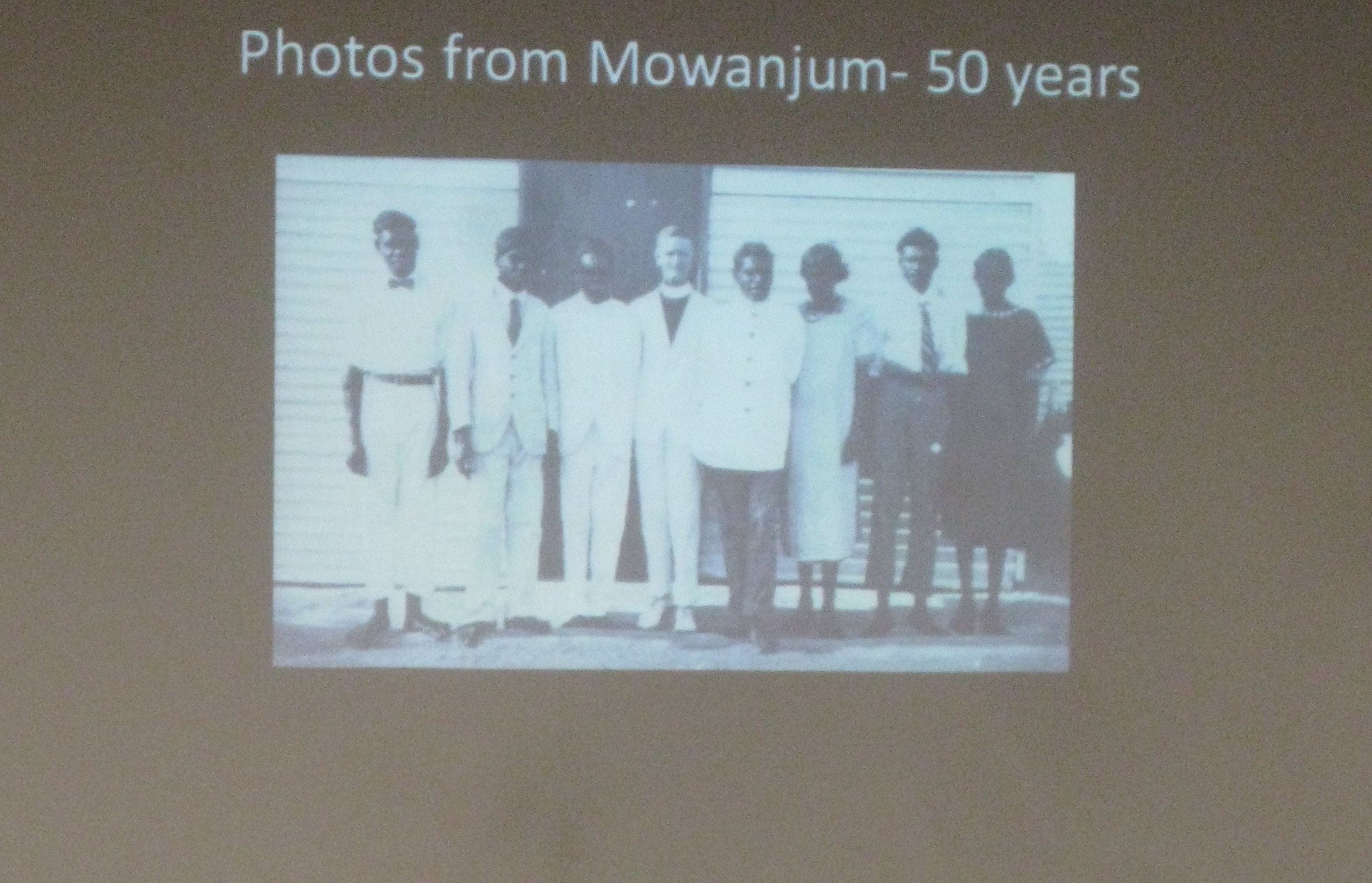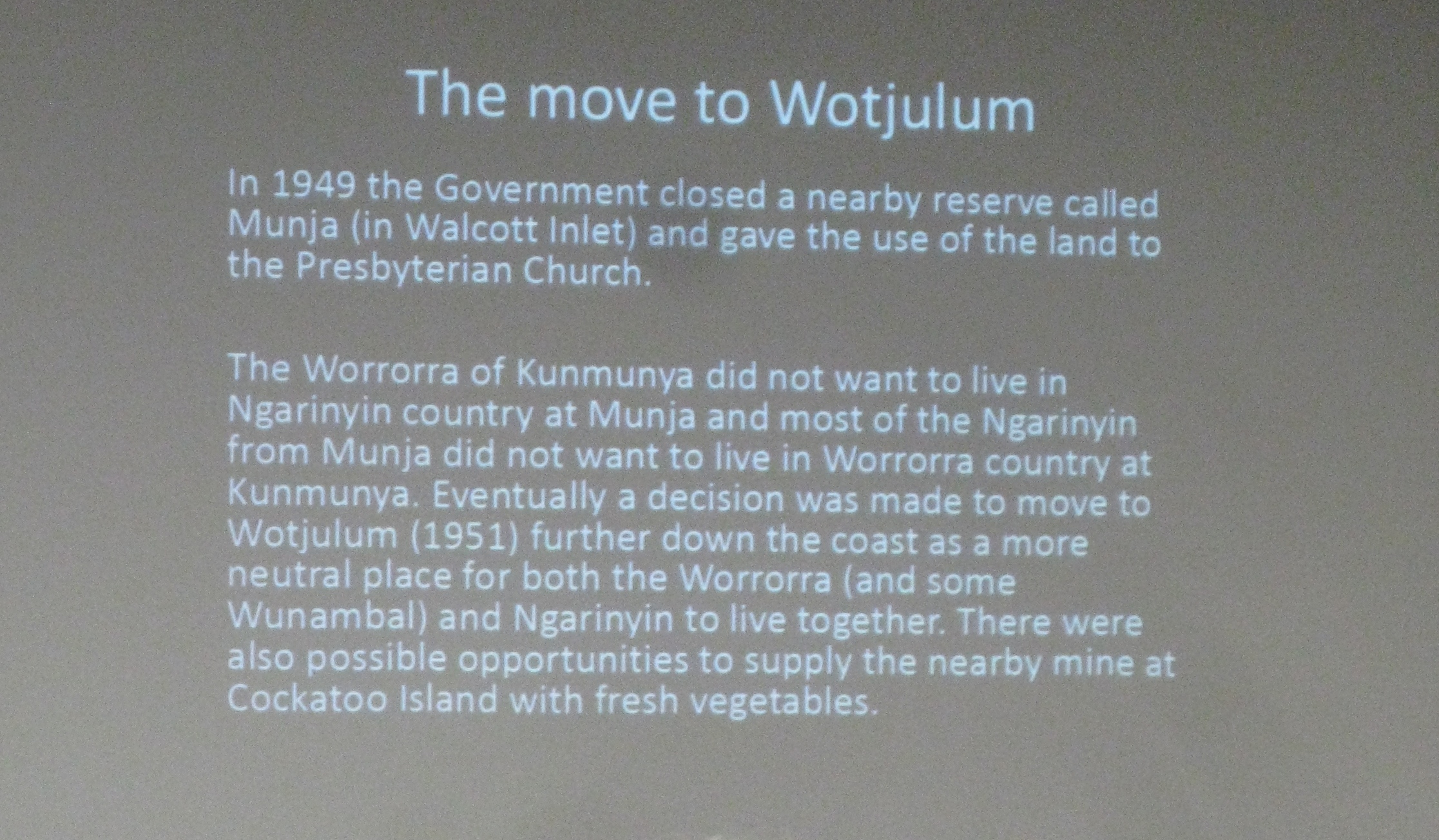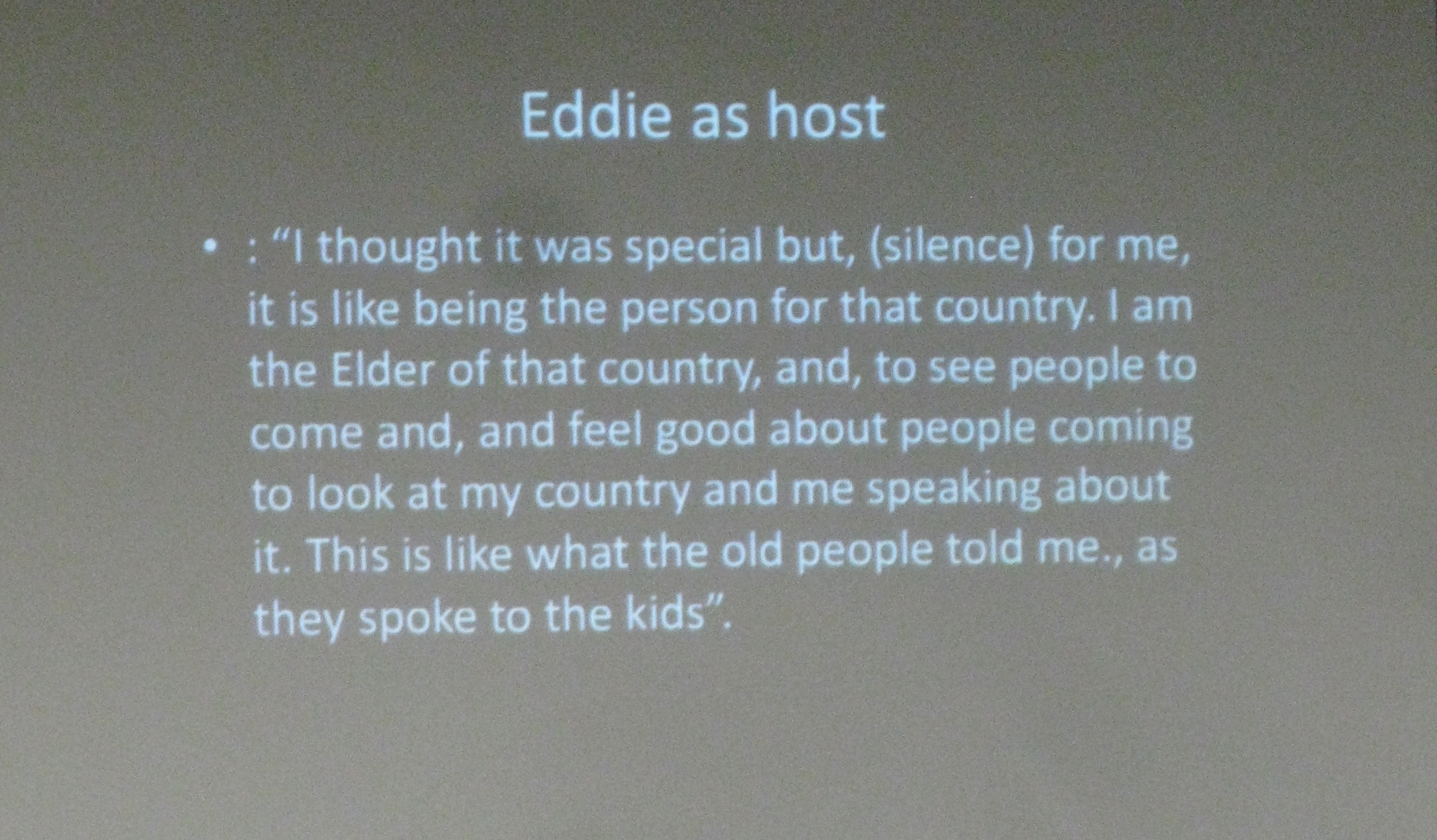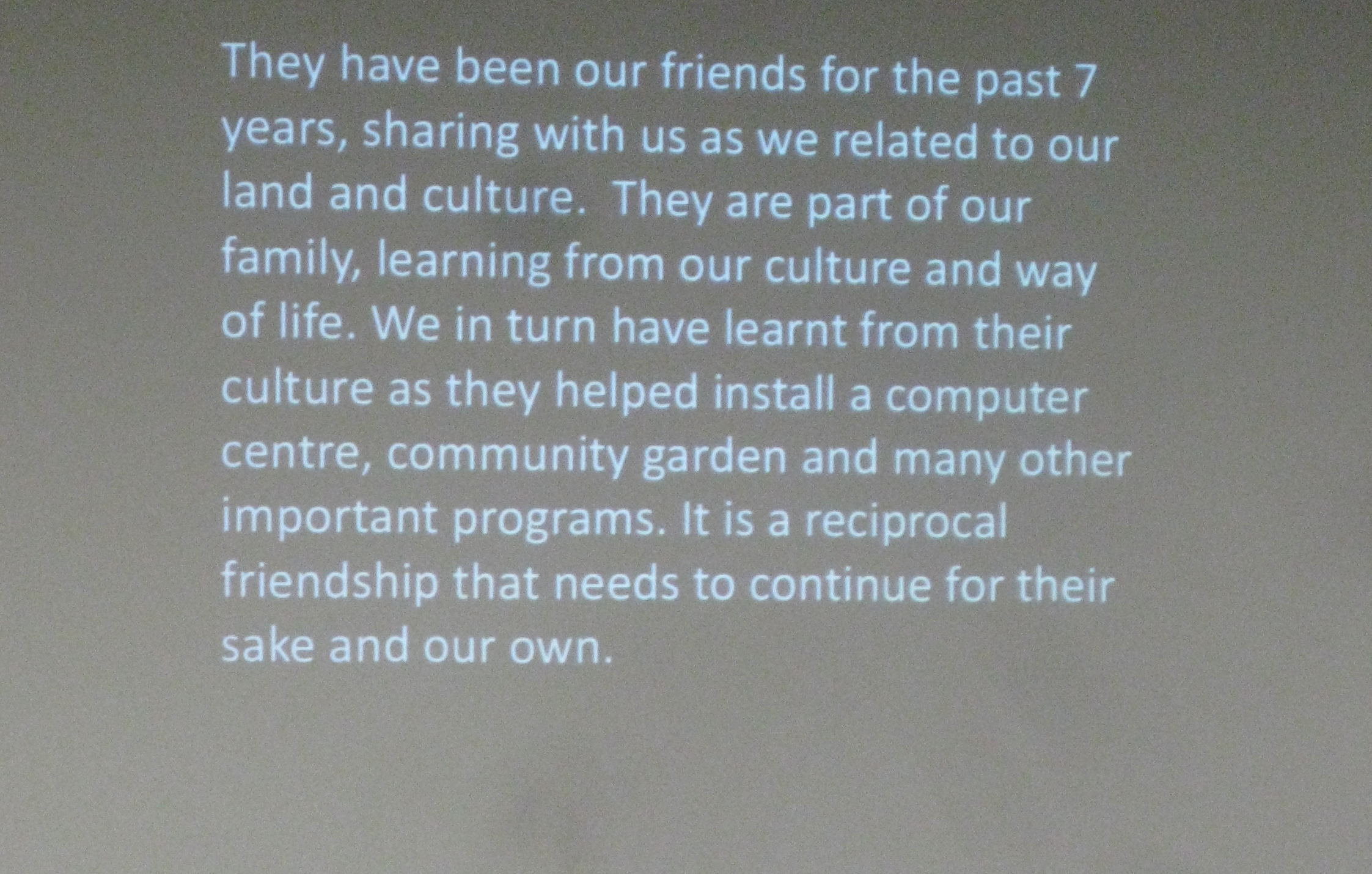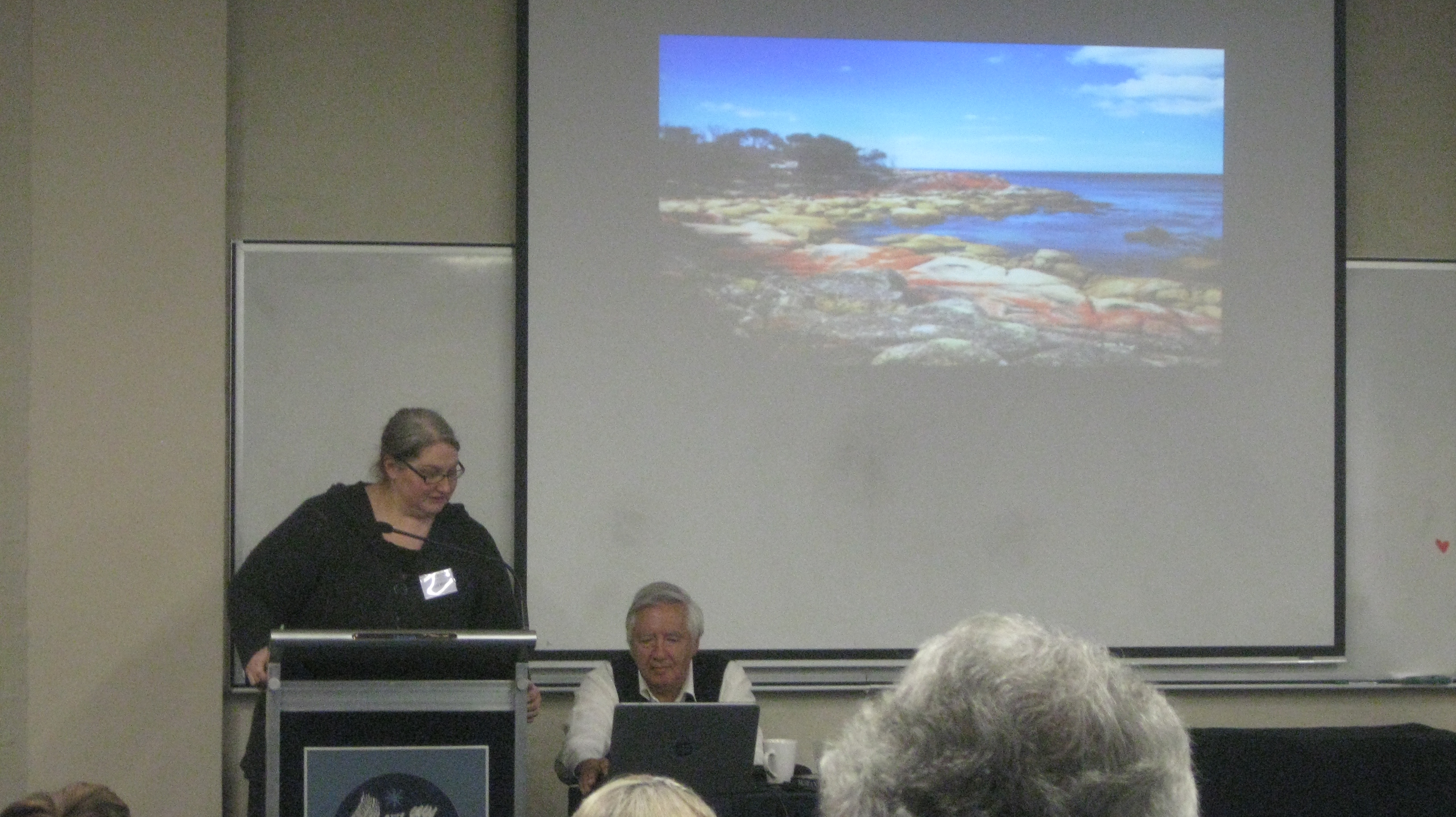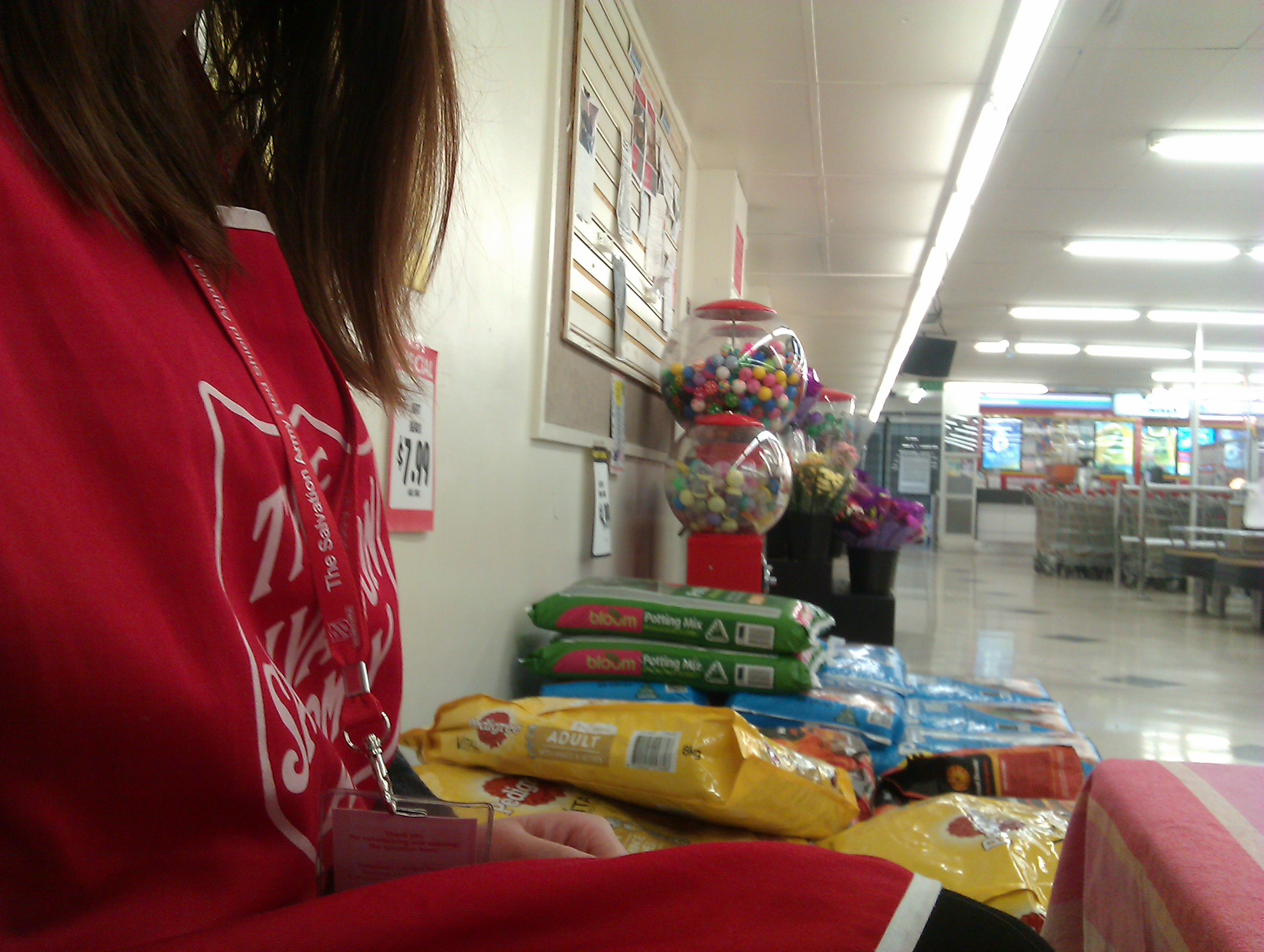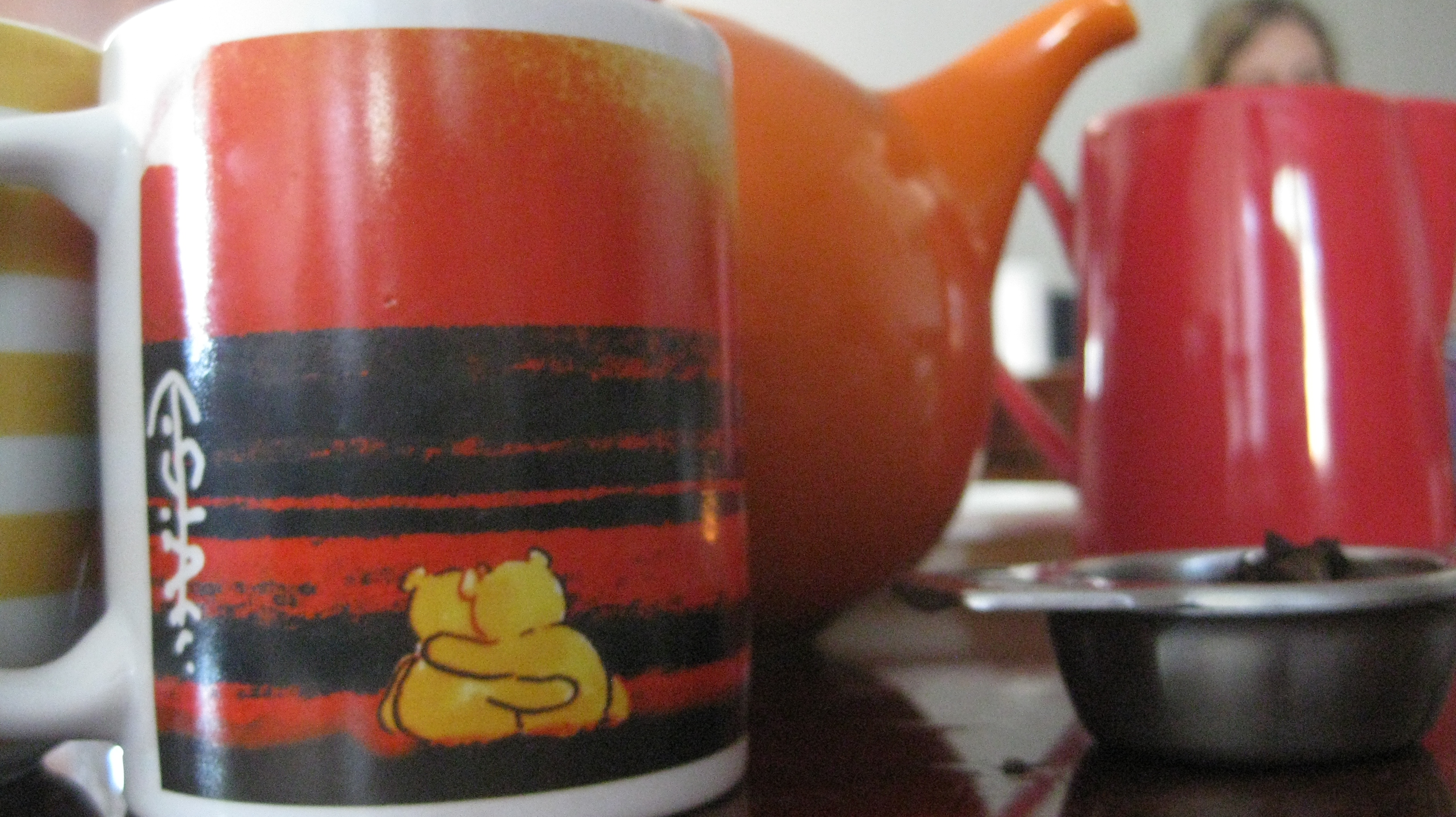N.B. this story contains offensive language and swear words
The streets of Melbourne speak. Buskers busk, beggars beg and people hand out pieces of paper offering good deals on diamonds, discounted burgers or advocating for autonomy of Tibet – everyone has something to say. Mostly we veer round them, but not me. I have started a new job working with a Christian community development organisation supporting the homeless in Melbourne CBD – these people out on the street are my neighbours, my friends, and I am going to help them and I will make a difference in their lives.
Speak Melbourne, I am listening.
I hop on the 57 tram at Collins St. As it is standing room only, I loiter near the rear door and sitting side-on to me is a man holding a bottle in a paper bag already quite drunk. He looks old but probably isn’t. A face weathered by life’s experiences and dirt. He clears people to the other end of the tram by being, loudly, verbally offensive to everyone around us.
To the Indian couple opposite chatting softly, “Can’t you speak English? Speak English! F-ing come to our country, you can speak our f-ing language.”
To the Chinese woman beside him, “I can speak your language, sushi! Chopsticks! Kamakaze! Karate!”
To a young Middle Eastern girl, “You’re quite pretty… how much would it cost to buy you? That’s what you do where you come from, right?”
Everyone on the tram pretends to ignore him and looks away – whatever you do, don’t make eye contact with the crazy guy. I felt angry, and ashamed, worried that all these people might think that by staying silent we agree as I find I look away too. Eventually, a young white guy halfway up the tram calls out, “Keep your peace mate, no one wants to hear what you have to say.”
Crazy Guy stands quickly, “You trying to be a f-ing hero? Showing off for your girlfriend? None of your f-ing business.”
He has pulled a broken bottle out of his bag and is waving it threateningly. Collectively everyone on the tram holds their breath, still not sure where to look. Eventually Crazy Guy sits back down again but the ‘hero’ turns to say something to the guy behind him and he’s up again throwing candles at him from his bag shouting, “Shut up! I’m going to burn your f-ing eyes out you c-!”
All of this over a surreal twenty minute ride. I arrive at my stop in North Melbourne and hop off, relieved, so very relieved, the Crazy Guy does not. I have done nothing, said nothing, and feel upset and guilty. “Aren’t I meant to know how to do this?”
I ask a colleague Gin the next day, “What I could have done differently?”
“What was his name?”
“Uh, I didn’t exactly introduce myself….” my tone quavering somewhere between sarcasm and incredulity.
“…next time, try and find out what his name is, it really helps to connect with people if you know their name.”
Oo0oO
Some weeks later I am hosting dinner at my place unwinding with others from work. The share house I’m in doesn’t have much of a backyard and we have improvised with fish and chips in the middle of the 5-way roundabout where Haines, Dryburgh and Shiel Sts intersect. It’s a beautiful Melbourne summer evening and we jockey for the minimal shade offered by the three yet-young eucalypts as summer light fades into dusk. We’ve been there a while when a man crosses the road to ask us, “You got anything to eat?” and we share what we have.
He hangs with us a bit under the darkening sky, asks if we’re Aboriginal, if we’re sitting here because the land is significant to us, and asks my friends Christop and Mehrin when they are getting married, “I can just tell…” though they were only dating then.
Gin asks “What’s your name?”
“Gordy.”
“Where are you staying?”
He points to the flats across the road.
Crazy Tram guy is my neighbour, and now I know his name.
I wait till Gordy leaves to tell the others the connection. My workmates have been helping me process the experience I had on the tram and it’s almost hard to credit this could be the same person. Calm, softly spoken, clean-shaven, friendly, interesting and interested in who we are.
Gordy is my neighbour, and now I know his name.

Oo0oO

I go to the 10th Annual Homeless Memorial. Once a year a motley community gathers to remember those ‘streeties’ or ‘parkies’ who have passed away. You can get hot soup, a hot dog, and warm clothes are available to take away but it is about more than that. It offers an opportunity to reflect on those people with whom we create connections, those with whom we feel ‘at home’, regardless of any material shelter. We remember those who now, or have in the past, offered light or warmth to our lives. Voice is given to the pain of separation from parents, siblings, children, society. Voice is given to the pain of decisions that cannot be unmade, things which cannot be unsaid and knowledge that we cannot go back – only forward. A humble gratitude is offered to ‘the people from the organisations represented here’, supported with warm applause from the crowd in and around the marquee.
We sing. Songs we all know the words to, or hum, or make up. There are no song sheets. You don’t have to have learned to read to belong here. Our hands are free to cradle lit candles and sprigs of rosemary.
Please swallow your pride
If I have things you need to borrow
For no one can fill those of your needs
That you don’t let show
For it won’t be long
‘Til I’m gonna need
Somebody to lean on
—
They say we stand for nothing and
There’s no way we ever could
Now we see everything that’s going wrong
With the world and those who lead it
We just feel like we don’t have the means
To rise above and beat it
So we keep waiting
Waiting on the world to change
It’s hard to beat the system
When we’re standing at a distance
So we keep waiting
Waiting on the world to change
—
We hold a minute’s silence, and it is deep and rich and full.
There are names unspoken…tears unshed…and hope unlooked for. We only need to look around to know we are not alone in this grief. We only need to look around to have more than our hunger fed, our coldness clothed… instead we know the truth.
We are not strangers to one another as we thought when we arrived.
And a last a cappella chorus rings out…
Amazing Grace, how sweet the sound
That saved a wretch like me
I once was lost but now am found
Was blind but now I see
Oo0oO
Another pleasant Melbourne evening, my housemate Freya and I are walking her gentle dog Nala to the oval for a play. We have an Ultra Grip Ball Launcher and even with both of us humans to the one of her we know well who will get tired of the game first.
We meet up with Gordy as we cross the road, he is heading home as we head out: “What kind of dog is that? Bitch looks like a dingo. I’ve killed two dogs with my bare hands, they were coming at me and I just grabbed their front legs and ripped ‘em apart.”
Once he’s gone I try and explain how I don’t think he’s a risk to our pet but I think I make a bad job of it and there’s heightened awareness and extra company on walks in the weeks that follow. I know enough to know now that Gordy was pretty level tonight. Eyes clear and cleaned up, he must be in a good place. He’s just making conversation. Speaking his truth. Why do we think about what we need to do to protect our dog and not think about what happened to Gordy that he’s in a situation somehow where he’s defending himself, his life, with his bare hands?
I used to look for the right answers once. Now I look for the right questions.
Oo0oO
A stranger stops my friend Lyn and I, as we are walking down Swanston Street, to ask an inane question. She and I do lunch now and then to catch up since I dropped off the corporate ladder. I say something harsh and unkind about him once he leaves. Gormless.
My friend smiles and says, “Sometimes you are very Christian, and sometimes you are so not.” My smile twists and becomes wry, “No. I’m a Christian all the time,” I say, “…sometimes I’m better at it than others.”
I used to think that helping the poor would make me holy somehow. But I am as holy, and as human, as I have ever been. Riding that 57 tram home later that day, I see Gordy again. He stands up to let a lady sit down and, when other women get on board, chastises other guys into giving up their seats too. He flirts with a few girls and makes general conversation, “Hot ain’t it? Where you goin’?”
He says hello to me and I reply “Hi, Gordy, how are you?”
Confused, he answers “I don’t know you, I don’t know you”
I explain about meeting a few times, a long time ago and far apart but he just repeats, again and again, “I don’t know you”. I get off at the stop after ours, cut home through the park, following the path that winds back and forth instead of cutting across the grass directly like I usually would. It’s slower. I hold Gordy in my mind. I hold scared Gordy in my mind and slowly make my way home, hoping he’s made it ok to his.
Oo0oO
[Five years later…]
I am making my way to Coles to pick up some ingredients for dinner on the way home from work when I see Gordy sitting on the corner of Flinders and Elizabeth St with the cutest puppy sleeping on a blanket at his feet. My momentum carries me past before my brain catches up and my spirit stirs. I hesitate, and go back. “Hey Gordy, I’m just heading into the Coles here, have you eaten? Can I pick up anything for you or the puppy?”
He says, “Nothing for me” proudly, “but some biscuits for the puppy would be great.”
I head in and dither over what to buy: puppy vs. adult food, large dog vs. small dog food, how big a bag if Gordy has to carry it around vs not being generous. I finally get clear and head to the corner and… I can’t see them… oh.
My mind starts running, Gordy had sort of flinched when I used his name. He never remembers me. Maybe he felt suspicious of my motives, paranoid? I check all directions from the intersection, check out the tram stops hoping to catch sight of him. Damn it. I just spent $15 on dog food I don’t have a use for. Should I leave it here at the corner in case he comes back? Did I take too long? Did he assume I wasn’t coming back? Sigh. The reasons for stopping in the first place were right. It doesn’t matter that he isn’t here.
But it does.
I am disappointed by the ‘squandered’ generosity that goes unappreciated.
Oh well, Ray and Ben’s dogs will have a litter of puppies soon – it will be used eventually…
I cross to Flinders St Station and wait on the platform for the train. Last I know he lived in North Melbourne – I’m heading to Footscray where I live now – same line so I’m still scanning the platforms hoping to catch sight of him. Nothing. No sign. I find an empty seat on the train when it pulls up and slump down in the keep-to-myself-don’t-talk-to-me mode I generally assume on public transport. The train moves off, the doors at the back of the carriage open and I idly muse on what it is people are looking for when they move down through the train while it’s moving when there are free seats everywhere? As I stare blankly at the dark tunnel walls slipping past. The group, two guys and a girl, sit down across the aisle from me, and… beside me. One of them is Gordy.
I very casually say, “Oh, could you pass this over for me?’
I see the surprise. Surprise I see them? That I will talk to them? That I will recognise Gordy without his hand out? That I actually came through with the dog biscuits? Gordy moves to sit next to me with the puppy so ‘he’ (the puppy) can thank me, he is soft and adorable. We chat all the way to Footscray, one of his mates eats the Snickers I threw in. Gordy says “I’ll definitely remember you this time.” I have my doubts and sitting together, sharing together, it feels entirely unimportant. Though I have hope.
I’m still not holy. Gordy isn’t a hero in this story, nor am I. We’re pretty much still the people we were at the start. Still living. I have learned that I can’t wait on the world to change. I have to start with myself. Our conversation falls into silence, and it is deep and rich and full.
I don’t need Gordy to remember my name; that might be too hard or asking too much. What I want him to remember is being reached out to, the mutuality of our exchanges. Equal parts in the same whole… it humbles and humiliates me. I hope he feels looked for, I hope he feels found – as I have been.
The streets of Melbourne speak. Buskers busk, beggars beg and people hand out pieces of paper offering good deals on diamonds, discounted burgers or advocating for autonomy of Tibet – everyone has something to say. Mostly we veer round them, but not me. I’m in a different job these days, these are still my neighbours though and my friends – I know better now. We help each other sometimes and our lives are different, better, for the knowing of each other. Listen Melbourne, I am speaking…
“What’s your name?”
Talitha Fraser
I wrote this piece a short story entry for the inaugural Brotherhood of St Lawrence Hope Prize “to encourage writing that transcends stereotypes of ‘the poor’ and reflects the resilience we know that people show in the face of poverty and testing times”. I didn’t win or anything so I can share my piece here – the years that I worked with the homeless community (largely through Seeds and Urban Seed) in Melbourne were transformative and it feels good to have an opportunity/ excuse to reflect on and share some learnings from that time. Thanks to Katherine, Susan and Sally for handholding me through the writing and editing process – this is noticeably tighter than my usual work thanks to you!



